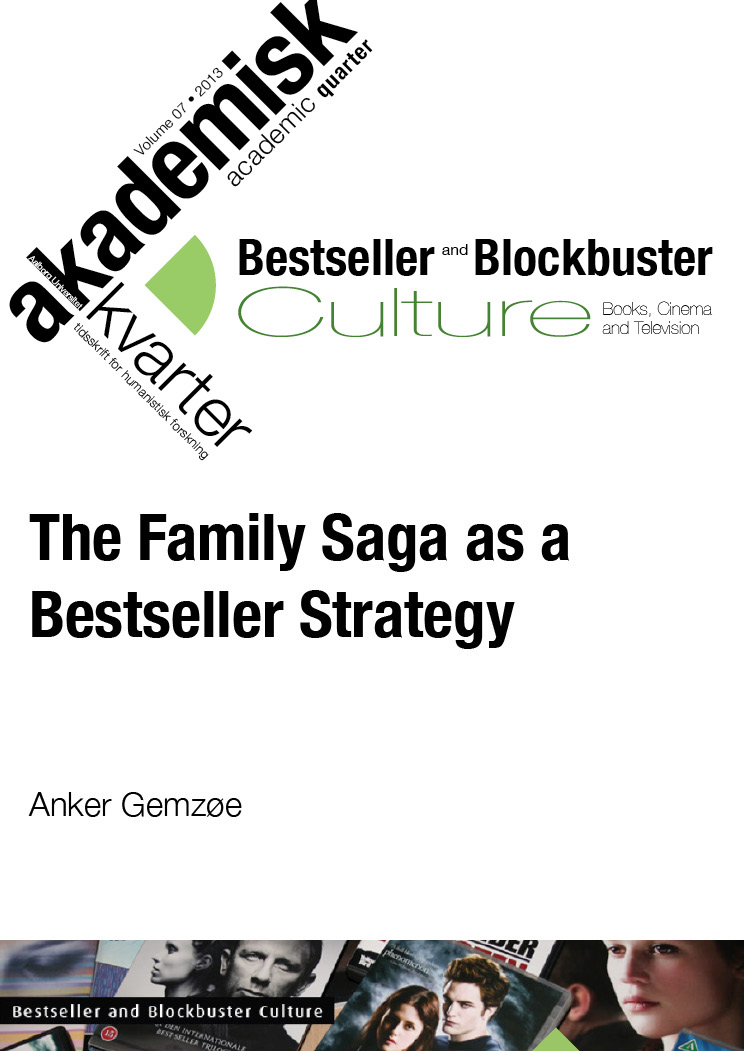Abstract | Abstract
In the post-millennial years, Danish literature has witnessed a veritable wave of biographically based, regionally rooted family sagas. One important factor of this surge is a reaction against a polarization in the Danish literature of the 1990s between, on one hand, a minimalist, experimental short-story prose, critically acclaimed, but marginalized by the reading public, and on the other hand, widely read biographies and autobiographies of publicly known figures, mostly written by journalists.
Examining lists of especially significant literary prizes and by way of a qualitative inquiry, the article claims that one determinant in the recent development of the Danish novel has been a biographically oriented bestseller strategy, aiming at a fusion of literary quality and a broad appeal to the readers. Based on recent bestseller theories the article defends the notion that certain genres or genre fields can be pertinent in the historical assessment of bestsellerism, and that a historically changing relation exists between popular bestsellers and ‘literary’ literature. Finally, the article advocates the idea of a ‘bestseller determinant’ in literary history and sociology – as a pull determinant complementing the push determinant in the theories of ‘deautomatization’ of Russian Formalism (Sklovskij, Tynjanov), New Criticism and other theories connected to Modernism.
